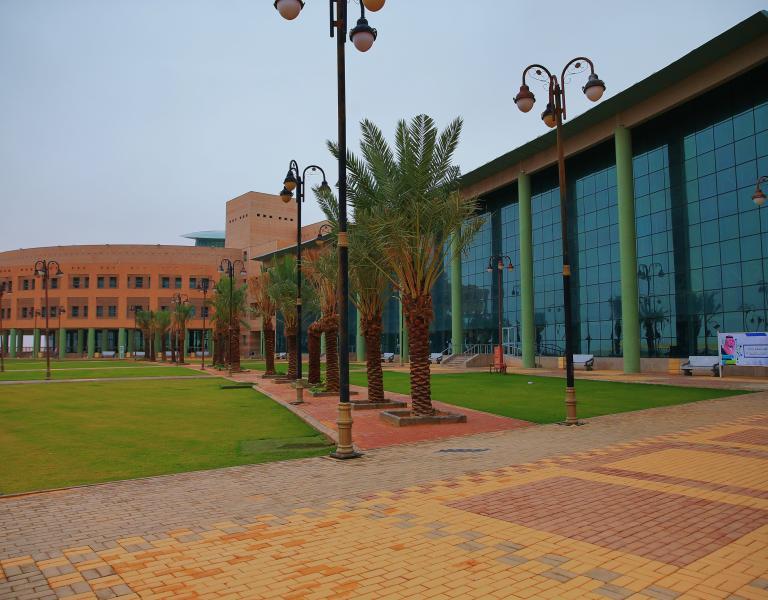About the Administration
The General Administration of Administrative and Financial Affairs provides and offers all the university's administrative and financial services to improve its performance, develop its departments, and enhance the management level. The missions of The General Administration of Administrative and Financial Affairs consist of supervising the affiliated departments administratively and technically and coordinating the work of these units to enhance the quality of their performance.
The General Administration of Administrative and Financial Affairs provides all university's administrative and financial services in light of the university's strategic plan based on the directions and determinants of the new university system issued (by Ministerial Resolution No. 183 dated 03/1/1441 AH) by the following the rules and regulations. That could lead to excellency in work and facilitating the procedures by several departments: (financial planning and budgeting, financial management, procurement and tenders management, movement management, administrative communications management, warehouse management, university and housing properties, and inventory control management.
Organizational Affiliation:
This administration is directly affiliated with the vice presidency.
The general objective:
Provide all administrative and financial services to the different organizational units and ensure the application of relevant rules, regulations, decisions, and instructions.
Missions:
• Preparing public administration plans and follow-up the implementation of the programs after approval.
• Administrative and technical supervision of the organizational units associated with the General Administration of Administrative and Financial Affairs and coordination among them to ensure integration between their activities and take full advantage of the available capabilities.
• Supervise the application of all administrative and financial regulations in the university, and ensure that they are applied efficiently and effectively.
• Supervising the implementation and evaluation of the university's various work programs from administrative and financial aspects.
• Supervising and providing all the necessary materials, equipment, and devices.
• Supervising the saving of materials and equipment and maintaining them until they are used.
• Achieving the required level of coordination among the university and other governmental agencies on common administrative and financial affairs issues, such as the Ministry of Human Resources and Social Development, the Ministry of Finance, and the Public Audit Bureau.
• Supervising the preparation of the draft budget of the university in coordination with the relevant organizational units.
• Participating in determining performance measurement indicators for all activities in the public administration and its units and reviewing and developing them continuously after they have been approved.
They determine and provide the General Administration's human resources, equipment, and materials requirements.
• Determining the requirements of training courses for the General Administration staff and nominating them for appropriate courses.
• Preparing periodic reports on the activities and achievements of General Administration and related organizational units. In addition, making suggestions to improve the performance.
• Any other missions assigned to it within its competence.

